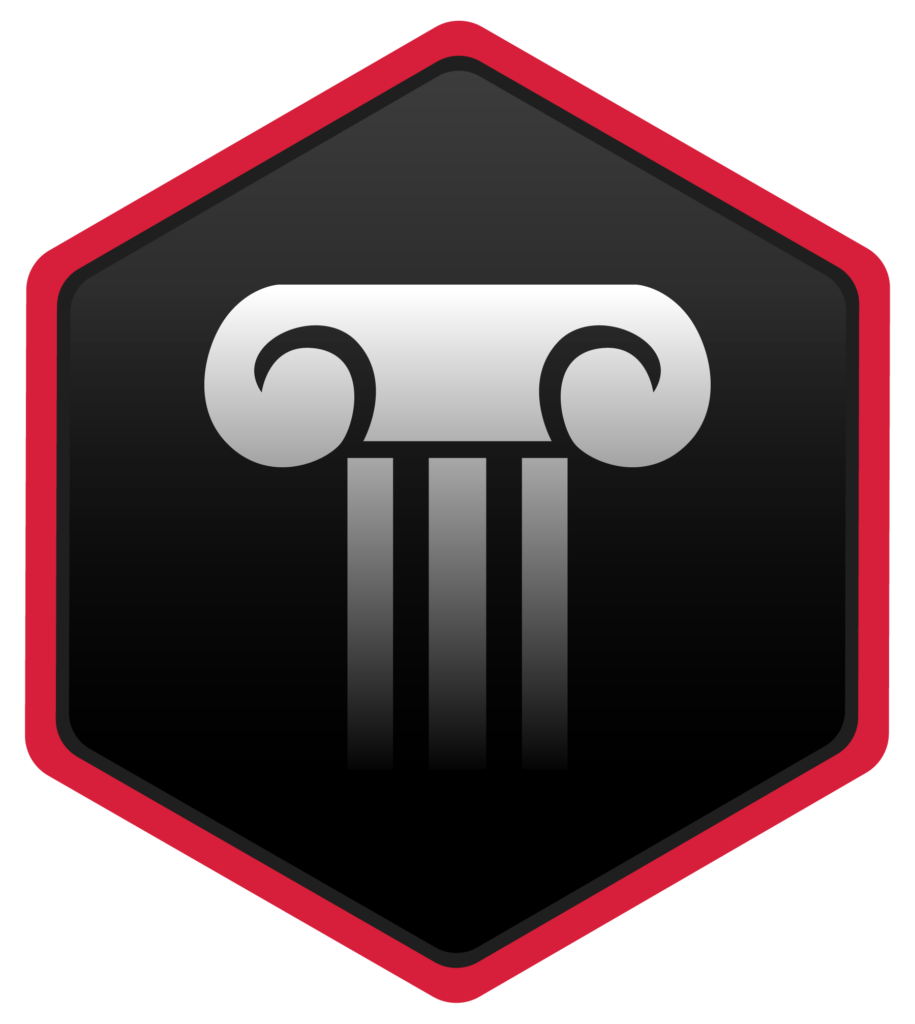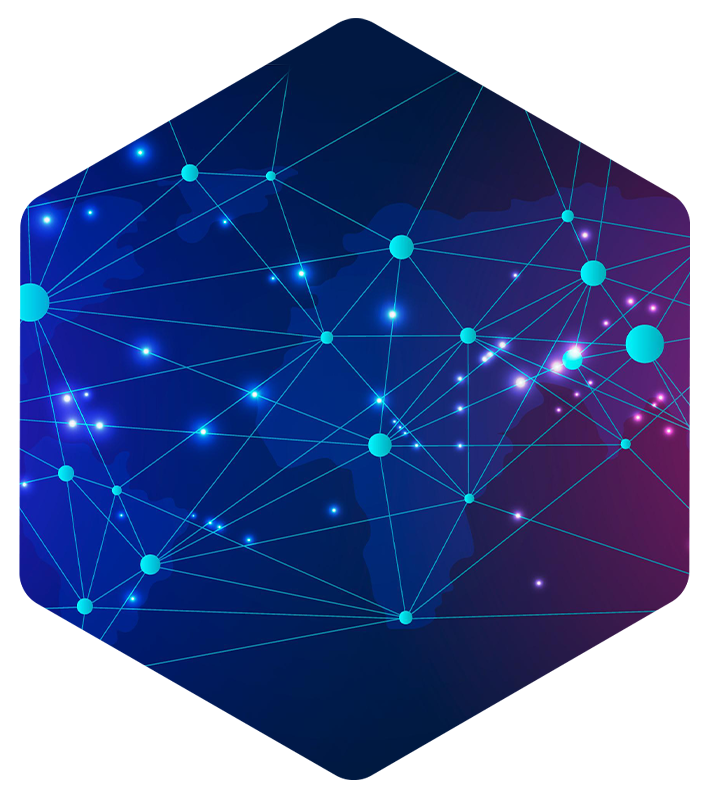Delivering clinically-relevant large-scale quantitative systems pharmacology (QSP) simulations is complex and time-consuming—involving building a model, generating realistic SimPops®, validating the model, quantifying uncertainty and analyzing the resulting predictions. Industrial-scale QSP requires even more steps and faster timelines, adding population-level predictions and model customization to an already extensive—and expensive—process.
What you need is an integrated and standardized approach to the modeling process, one that embraces the ever-changing nature of biological knowledge to make updates cheaper and easier than ever before.
Thales is a QSP modeling platform designed for that very purpose.











